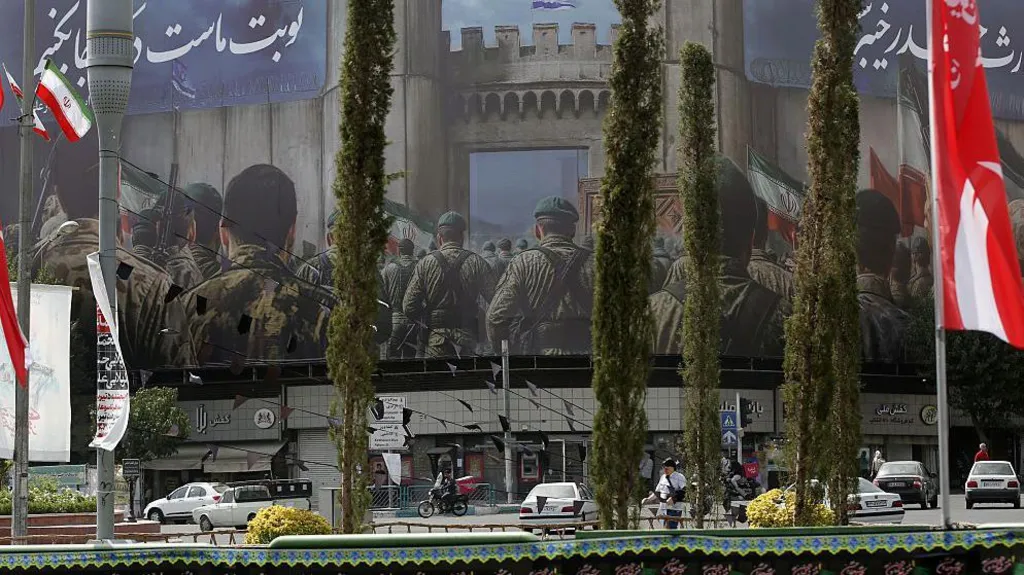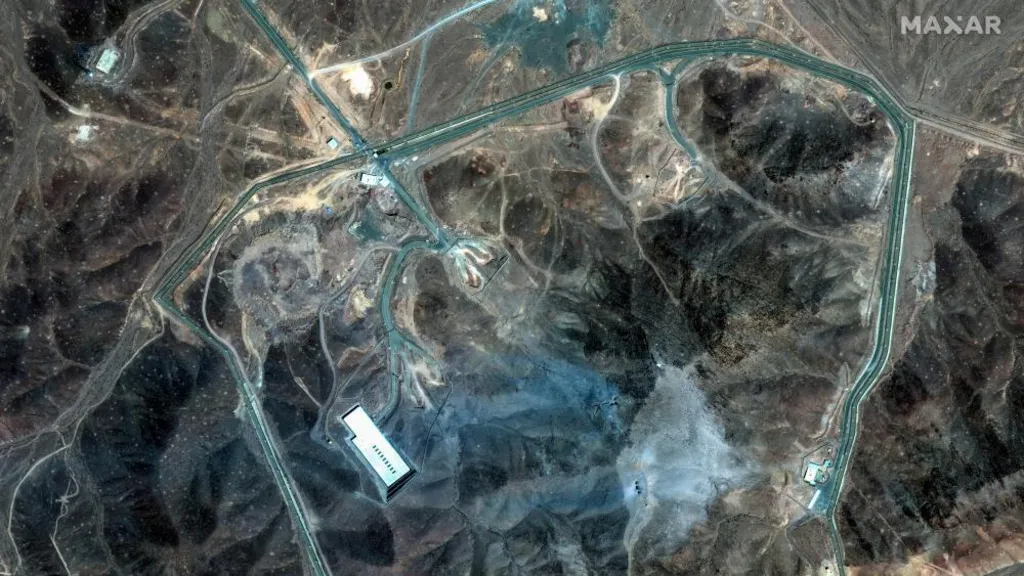In a story that feels more like a suspense thriller than real-world news, Iran has launched a full-blown crackdown after what it claims was a massive infiltration by Israeli intelligence operatives. Picture this: shadowy figures, covert assassinations, and a national manhunt that’s part Jason Bourne, part Orwellian nightmare.
Following a high-stakes 12-day war with Israel, Iranian officials have gone into full lockdown mode—executing alleged spies, arresting hundreds, and basically treating paranoia as policy. So far, six people have been executed, with the first three reportedly sent to the gallows during the conflict, and another trio just a day after the ceasefire. Call it swift justice—or just terrifyingly fast.
The Islamic Republic blames these suspected Israeli agents for a string of jaw-dropping hits on high-value targets. We’re talking senior commanders from the elite Islamic Revolutionary Guard Corps (IRGC) and nuclear scientists—names they don’t just toss around lightly. According to Tehran, Mossad’s invisible hand was guiding these assassins from within Iran’s own ranks. Ouch.
Iran’s Ministry of Intelligence says it’s now in an “all-out war” against the usual boogeymen—Mossad, MI6, and the CIA. Basically, if your intelligence agency has an acronym, you’re on the naughty list. Iranian news outlet Fars (closely linked with the IRGC) claimed more than 700 people have been scooped up in connection to an “activated Israeli spy network” inside the country. That’s not a spy ring—that’s a whole spy festival.
And in true dystopian fashion, regular Iranians are now getting text messages from the government warning them to avoid certain social media pages—especially those that dare to have even a whisper of Israeli content. “Your phone number appeared on a suspicious Instagram post? You’ve got mail—from the Ministry of Fear.”
As if things weren’t grim enough, the regime has also started targeting journalists, particularly those working for Persian-language media based abroad. BBC Persian, Iran International, and Manoto TV are among the big names facing the heat. In one jaw-dropping case, Iran International says IRGC agents detained a presenter’s entire immediate family in Tehran to pressure her into quitting. The presenter then received a chilling call from her father—coached by authorities—begging her to resign “or else.”
BBC Persian journalists have also been receiving similar threats. Iranian officials are reportedly telling their families that, in times of war, it’s totally fine to treat journalists as enemy combatants. Oh, and they’ve been labeled “mohareb”—which translates to “those who wage war against God.” In Iran, that’s not poetic drama—that’s a death sentence.
Manoto TV staff haven’t been spared either. Their families have allegedly been threatened with serious charges like espionage and “enmity against God,” which, you guessed it, can also lead to execution. It’s all part of what many analysts call a psychological warfare campaign to silence criticism, intimidate the diaspora, and keep a tight lid on free speech.
Meanwhile, inside the country, dozens of activists, artists, and writers are being arrested—many without formal charges. Even the families of those who died during the 2022 “Woman, Life, Freedom” protests are now being dragged into this crackdown. If you ever tweeted the word “freedom” in Iran, you’re probably on a list.
And let’s not forget the internet. During the conflict, access was cut off almost entirely, and even now, it’s spotty at best. Social platforms like Instagram, Telegram, X (formerly Twitter), YouTube, and major news sites like BBC Persian remain blocked—VPNs are a must if you want to do anything beyond check your government-approved weather forecast.
Human rights groups are raising red flags, comparing the situation to the dark days of the 1980s, when political purges were the norm. The 1988 mass executions—where thousands were reportedly killed in secret kangaroo courts—are the haunting historical parallel no one wants to see repeated.
As Iran faces isolation on the global stage and reels from its recent military clash, its leaders appear to be looking inward, tightening their grip, and treating dissent like treason. Whether it’s a war on espionage or a war on civil liberties depends entirely on which side of the border—and history—you’re standing.
Keywords for SEO: Iran executions 2025, Iran Israel war fallout, Mossad Iran infiltration, Iranian intelligence crackdown, spy arrests Iran, BBC Persian threats, Iran International journalist pressure, IRGC crackdown 2025, internet censorship Iran, Woman Life Freedom protests crackdown, Iran mass arrests 2025.





Leave a Reply